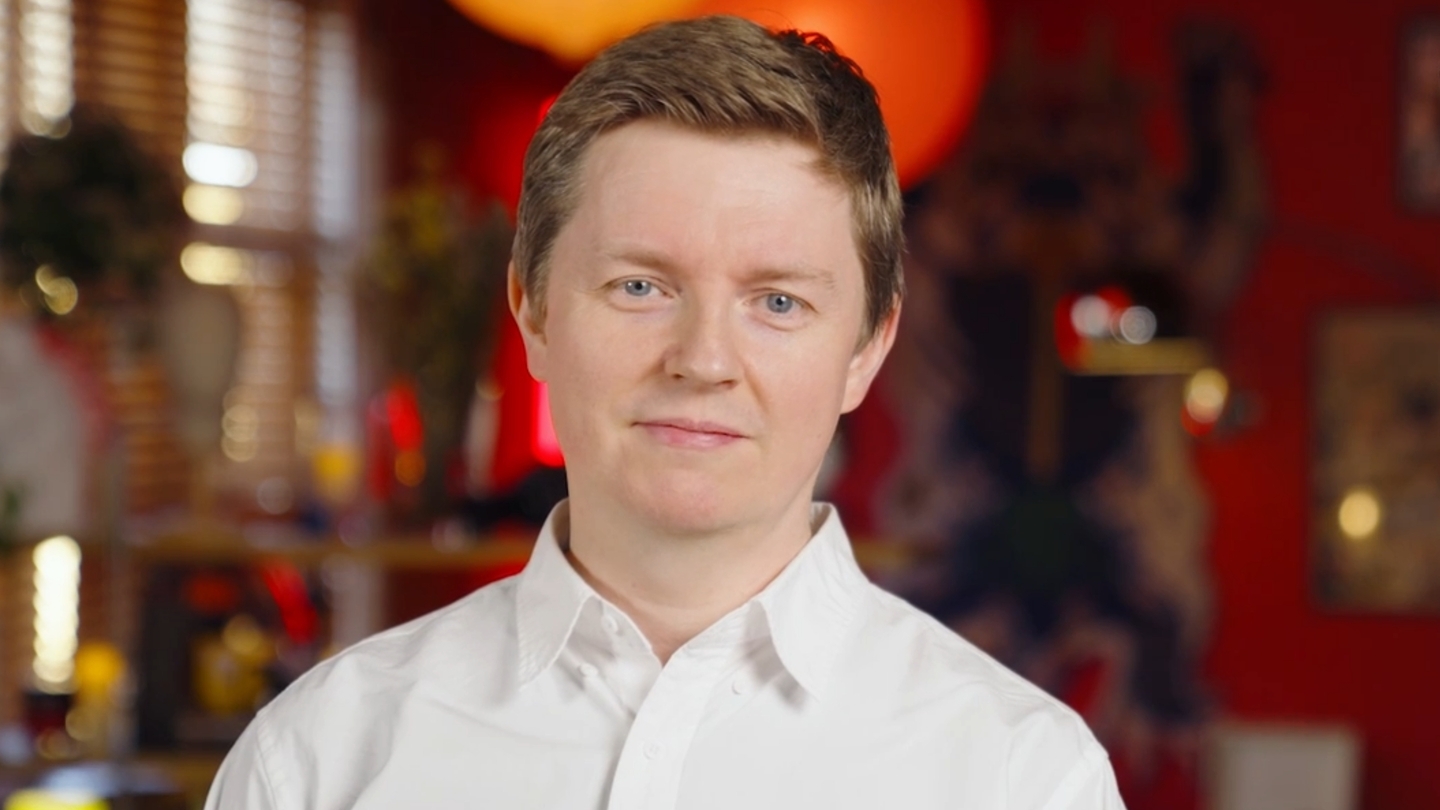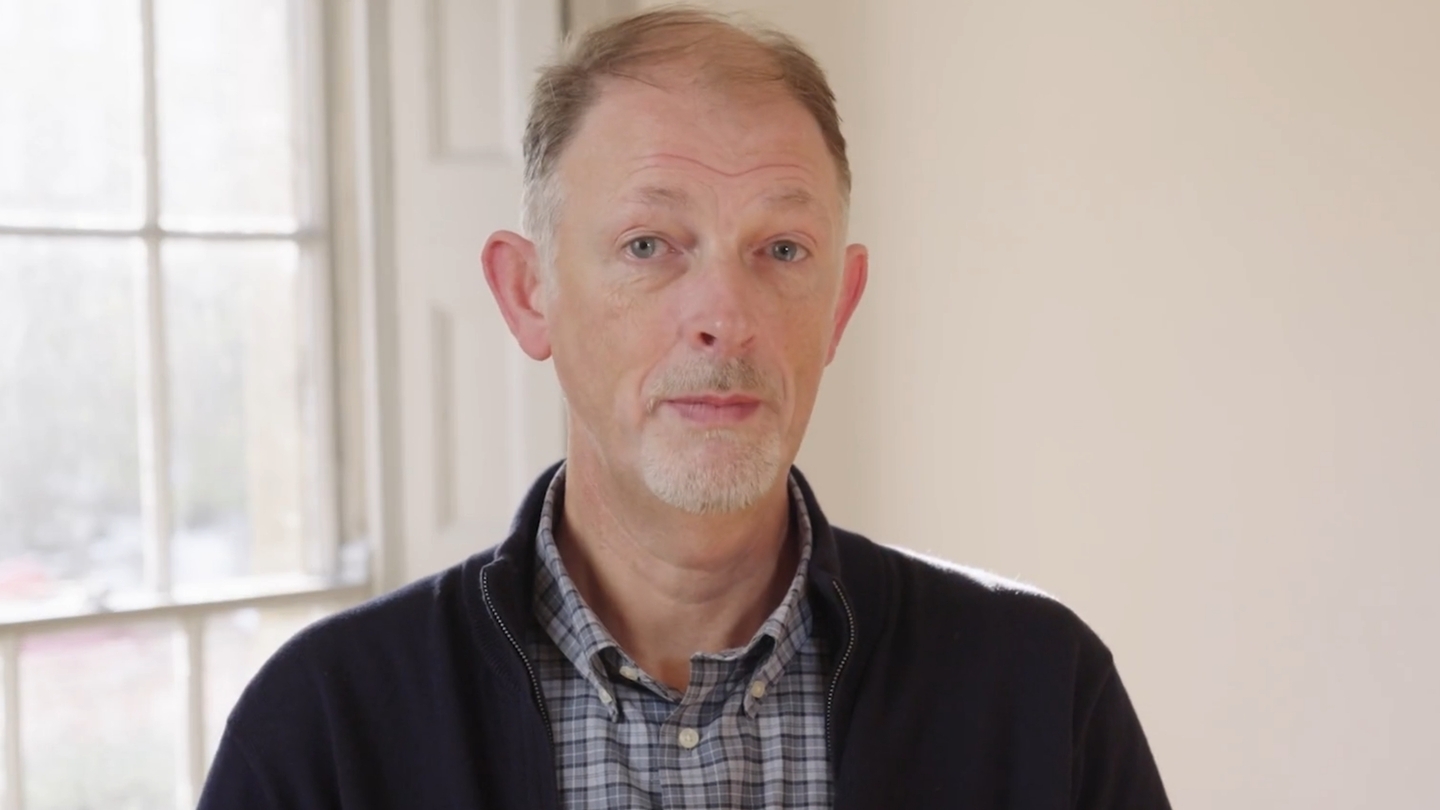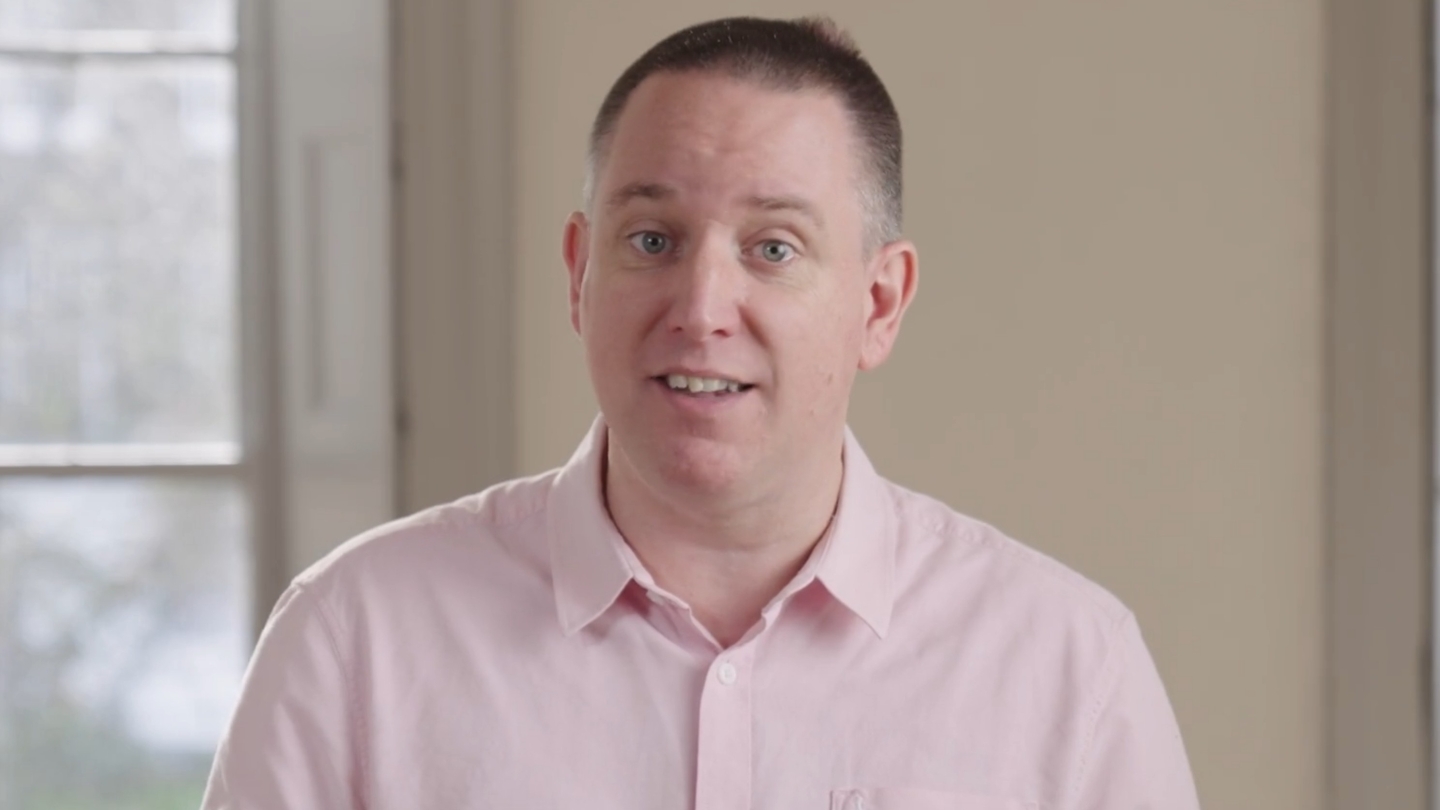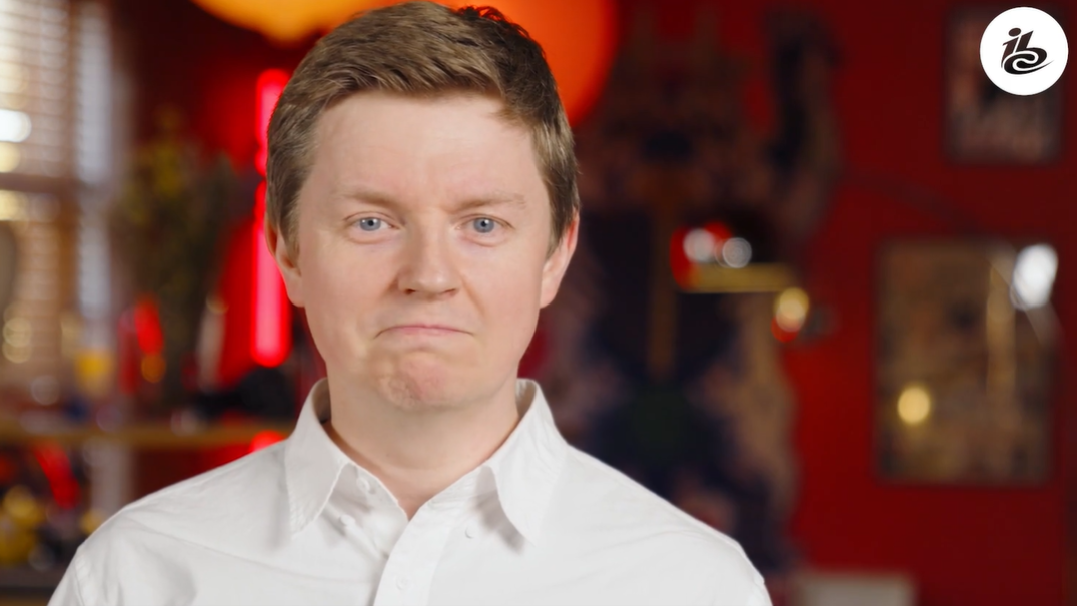BBC Research and Development (R&D) is to be restructured as part of moves to help the corporation cut costs.
News of the restructure comes a week after the BBC announced plans for a reduction of around 500 public service roles by the end of March 2025.
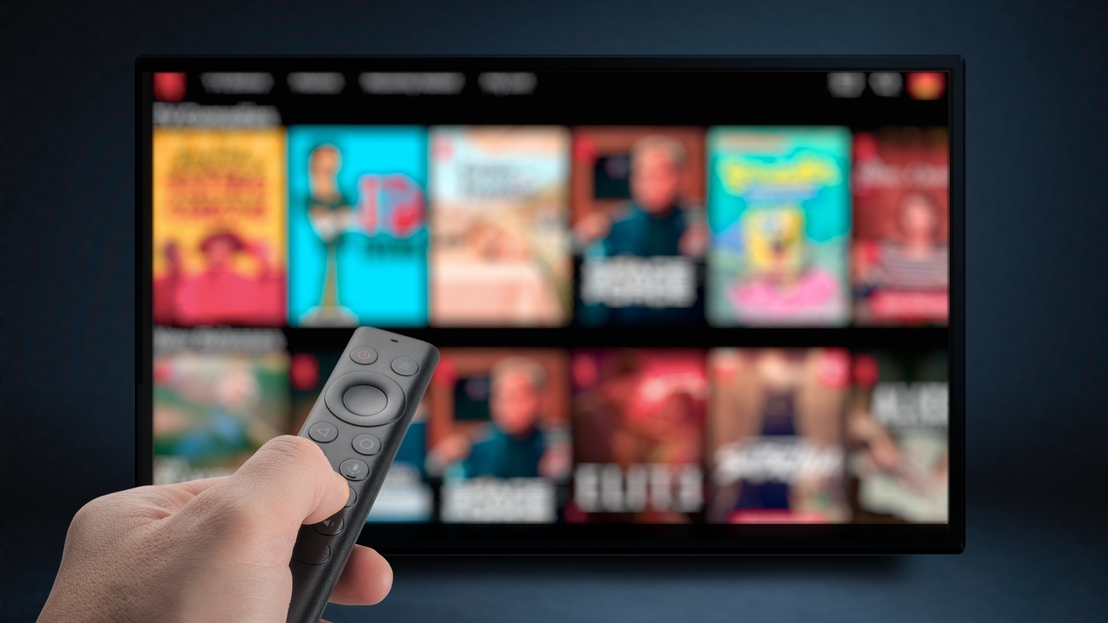
Peter O’Kane, BBC Chief Technology Officer, said BBC R&D is to be reorganised into six teams resulting in a “sharper focus to deliver value for audiences, the creative sector and the wider industry.”
O’Kane said the changes would means consolidating some existing capabilities. “Inevitably, having this sharper focus will mean we won’t be able to keep doing everything we’re doing today.”
The six teams are:
- Applied Research Area – Artificial Intelligence: Advancing the application of Large Language Models and AI Safety by bridging AI research with other disciplines to tackle real-world challenges
- Applied Research Area – Media: Driving the transformation in the tools, streaming and distribution technologies - to ensure products and services can be delivered efficiently on internet-connected devices
- Applied Research Area – Foundation: Facilitating the shift to new ways of computing, storing and managing media and AI applications
- Propositions team: Working with BBC and industry partners to design and develop comprehensive innovative digital experiences that are ready for market
- Advisory team: Defining and influencing technology standards, innovative research roadmaps and policy and regulation
- Portfolio & Delivery team: Accurately tracking and managing the delivery of research projects
O’Kane said: “This change won’t be easy – but this refocused, smaller team will help us deliver our key objectives to support the BBC’s mission, providing value for all - while setting us for a fast-paced changing world that is increasingly digital. I’m excited that BBC R&D can and will continue to be a centre of excellence, as we help to create a BBC for the future.”
BBC R&D has a long history of innovation including noise-cancelling microphones in the 1930s, the first transatlantic television transmission in the 1950s, Ceefax in the 1970s, BBC iPlayer in the 2000s, and UHD in the 2010s.
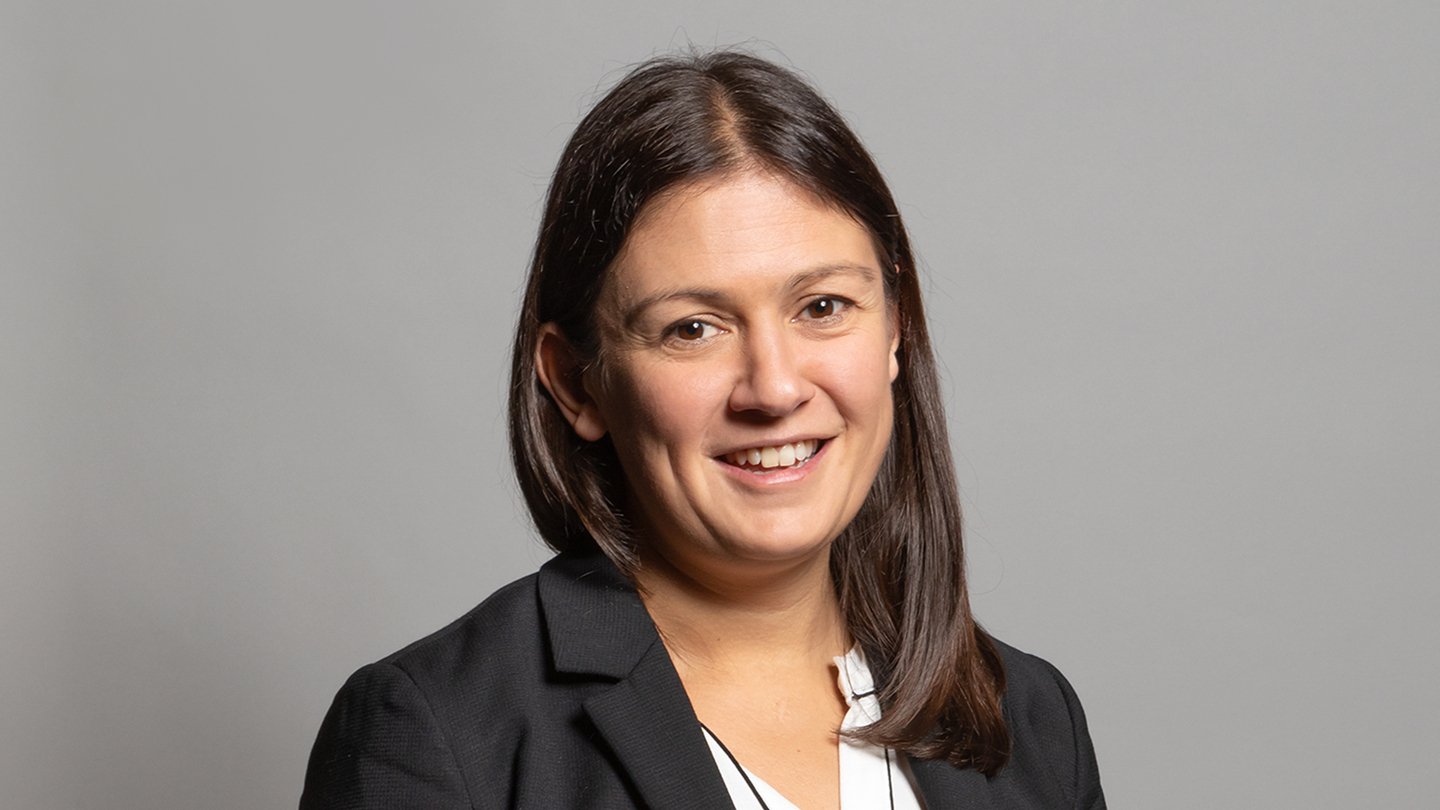
UK launches copyright consultation for creative industries and AI developers
The UK government has launched a consultation looking at how copyright-protected material can be used to train AI models.
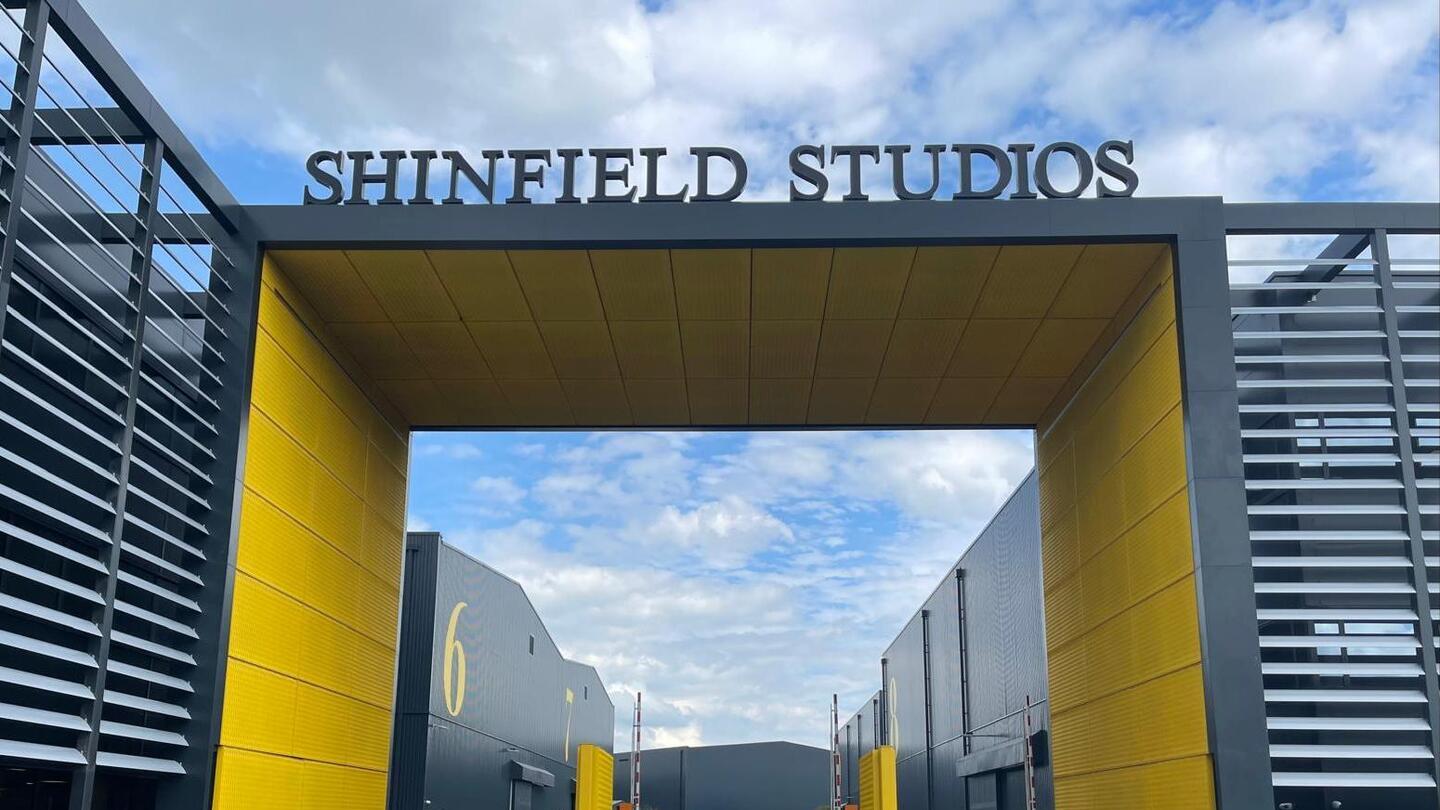
Shinfield Studios’ Nick Smith and Ian Johnson to retire
Shinfield Studios’ joint Managing Directors Nick Smith and Ian Johnson are to retire from their positions at the end of the year.

BBC and ITV confirm rights deal for FIFA World Cup 2026 and 2030
BBC Sport and ITV have agreed a deal for live coverage of the FIFA World Cups in 2026 and 2030 across TV, audio and digital platforms.

US writers call on Hollywood studios to take action against AI firms
The Writers Guild of America (WGA) has called on Hollywood studios to “come off the sidelines” and prevent tech companies from allegedly using its members’ works to train AI platforms.
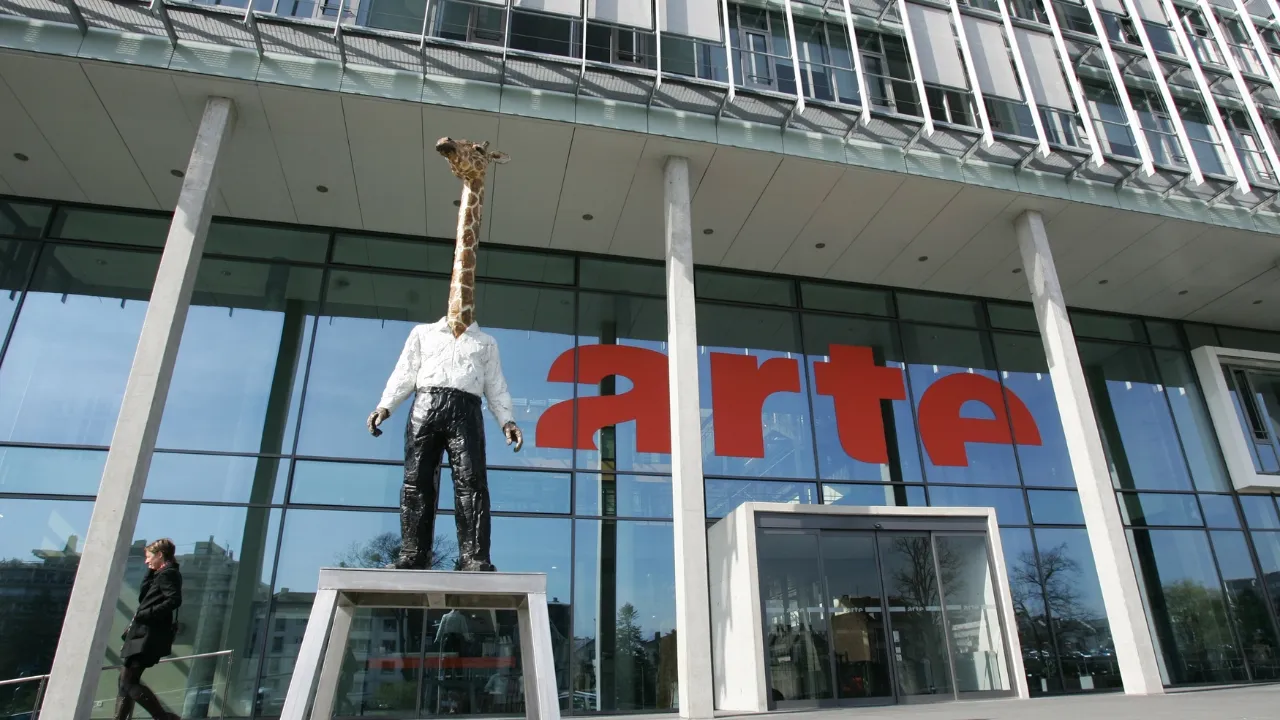
Arte joins European Broadcasting Union
Arte, the Franco-German public service broadcaster, has become the newest member of the European Broadcasting Union (EBU).

